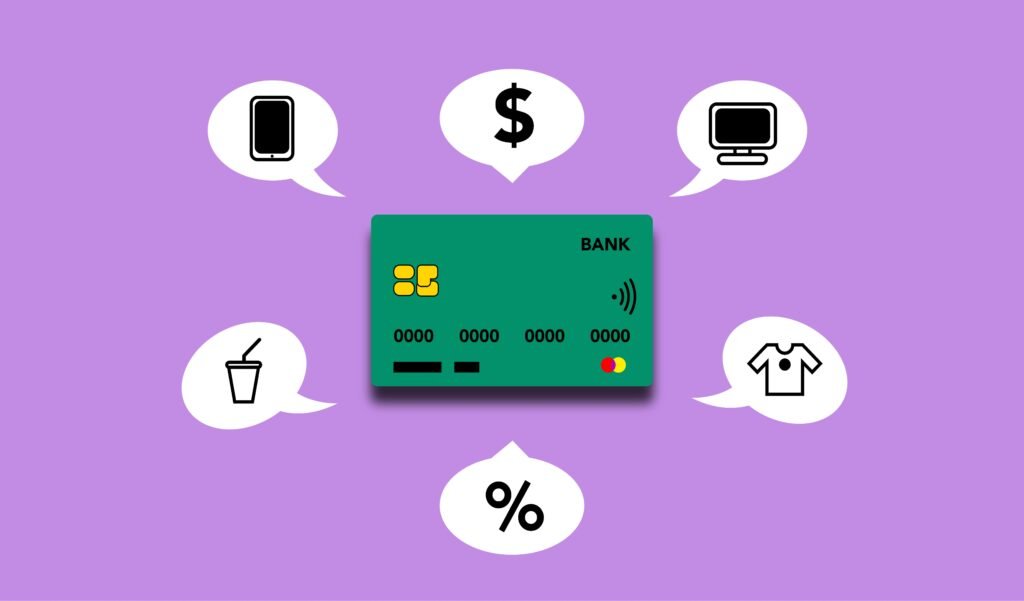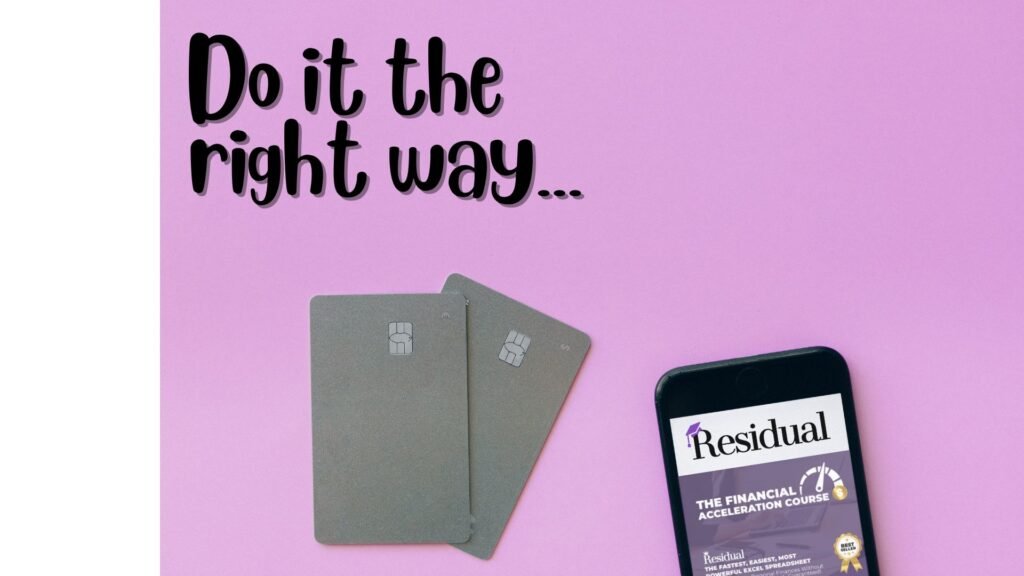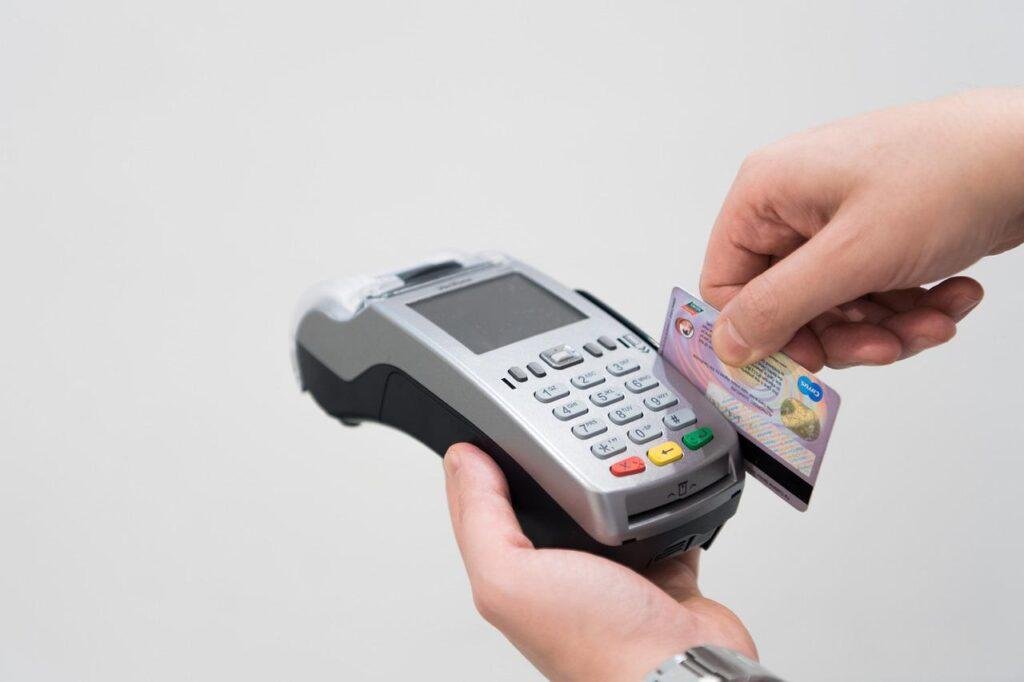3 Major Benefits of Using a Credit Card
3 major benefits of using a credit card!

Credit Cards
When was the last time you heard of the term “credit card” and associated it with something negative? high-interest rates, bills you may never be able to pay off, credit cards have a very bad stigma surrounding them. What if we told you that you could use credit cards to your advantage if only you learned to utilize them wisely?
While many think that the plastic rectangle is dangerous, it can be a tool for good.
How Credit Cards Work?
Credit runs the world, and great credit can create much leverage for someone. By making regular monthly payments, consumers can quickly work to rebuild or establish great credit. Also, many modern credit cards, such as travel cards or reward credit cards, come with cashback incentives, allowing you to reclaim some of that spent money. Whatever your credit situation, Residual Education will guide you through this process.
Major benefits of credit cards

The benefits of a typical credit card depend on the credit card company/bank or how the credit card is used. Three of the major benefits are:
- Cashback
- Reward Points
- Deferred Monthly Interest
1. Cashback
Probably the most popular benefit any credit card can offer is cashback. Some airline companies offer something similar in terms of air miles, but the situation is the same, you spend money, and they’ll give you some back.
There are different cashback programs for different buyers. Some offer a flat percentage back, while others provide different rates based on where you spend.
By paying off your bill EVERY month before the interest accumulates, you can make money by spending it!
2. Reward Points
By far, the most attractive feature of a credit card is earning rewards every time you purchase something using a credit card.
Almost all credit card companies give points on purchases through credit cards, depending upon the purchase amount. Reward points earned this way can be redeemed on various online shopping websites.
For example, you can use your credit card reward points to get airline tickets, pay for a new TV, book a hotel, or even donate them.
3. Deferred Monthly Interest
While some credit cards are designed to offer reward points or cashback, others provide debt reconsolidation. It is accomplished by postponing monthly interest for a specified time and not charging a fee on transfer balances.
In other words, there are credit cards known as debt transfer cards that will not charge you interest or fees as long as you make the minimum payment each month.
If you have three credit cards with significant debt and even higher interest rates, you can consolidate them all onto a single card with a particular no-interest term.
This no-interest period varies for each credit card, but the average is 12 to 18 months no interest cards.
While it can help you leverage and pay off your other high-interest credit cards, you must pay the entire bill within 12 to 18 months, or you will be charged extremely high-interest rates.
Nonetheless, these balance transfer cards can SAVE you money on interest while repaying a debt you were already paying!
How to get these benefits?
To get maximum benefits out of your credit card, you must first learn how to use your credit card the right way. You may also need to check what specific benefits your credit card provides. You can reach out to the credit card company or bank to find out about these benefits.

- 1. Make full payments on time: Paying off your credit card bills on time can help you avoid paying hefty interest rates.
- 2. Buy what you can afford easily: Always buy the things you can also afford with cash. This way, you can easily manage your debt-to-income ratio.
- 3. Never exceed your credit limit: You should always try to stay well below the credit limit of your credit card. This will positively influence your credit score and help you secure better deals with your credit card.
The Financial Accelerator Course contains all the resources that you would need to manage your budget and maintain your debt according to your monthly income.
This course is equipped with a robust budget management tool where you can enter your monthly income and expenses and easily plan your annual budget. It will show you where extra money may be hidden and what you can do to get it back so your money can start working for you.
Managing finances can be overwhelming, but you don’t have to face it alone. Through Residual Education’s Financial Accelerator Course, you will become much more comfortable with your money, create peace of mind, get into the investment journey, and, most importantly, create the financial future you desire!

